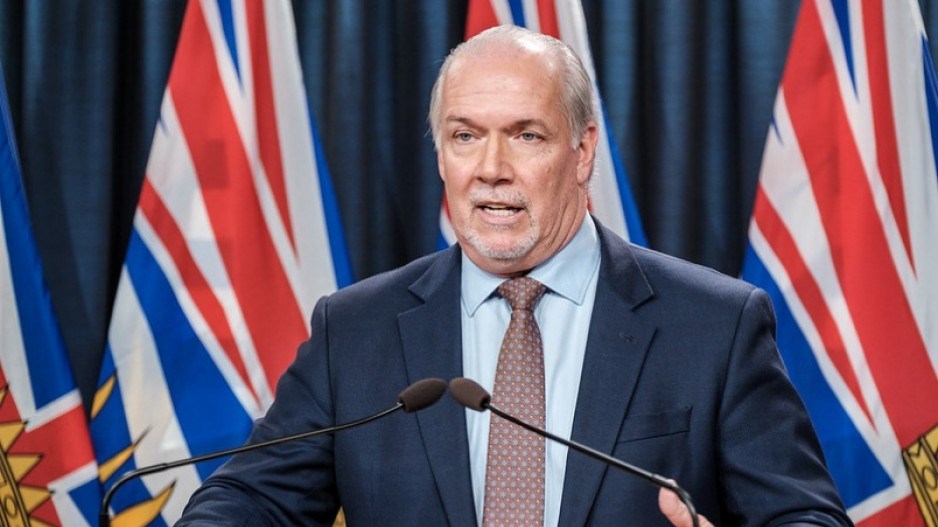The Province of British Columbia has formally extended the provincial state of emergency, allowing health and emergency management officials to continue to use extraordinary powers under the Emergency Program Act (EPA) to support the Province's COVID-19 pandemic response.
The state of emergency is extended through the end of the day on Feb. 16, 2021, to allow staff to take the necessary actions to keep British Columbians safe and manage immediate concerns and COVID-19 outbreaks.
“We’d all like to get back to a more normal life, but our case numbers will rise if we’re not careful,” said Premier John Horgan.
“We’re well prepared, but as we’ve seen around the world, increased COVID-19 cases could put our health systems and us all at risk. We need to hold the course until we bend that curve down. It’s time to work together, support each other and continue to follow public health guidance so we can keep people safe.”
The extension of the provincial state of emergency is based on recommendations from B.C.’s health and emergency management officials. The original declaration was made on March 18, 2020, the day after Dr. Bonnie Henry, provincial health officer (PHO), declared a public health emergency.
B.C. is currently in the longest state of emergency in provincial history.
COVID-19 enforcement measures
On Dec. 16, 2020, the Province announced enhanced enforcement measures to keep British Columbians safe and mitigate the impacts of COVID-19. This included strengthening COVID-19 fine collection measures and asking provincial enforcement officers to support police and increase enforcement by issuing violation tickets during their normal course of duties or when in public places.
“I want to thank all those British Columbians who are following public health orders, as well as the police working hard to enforce those orders with the support of bylaw officers and local governments,” said Mike Farnworth, Minister of Public Safety and Solicitor General. “And to the minority of British Columbians who continue to miss the message that we’re all in this together, we will continue to penalize selfish and unlawful actions and work to ensure the public does not face unnecessary risks.”
The Province, with the support of police and other enforcement officials, continues to use measures under the EPA to limit the spread of COVID-19, including issuing tickets for owners or organizers contravening the PHO’s orders.
On July 10, the COVID-19 Related Measures Act came into force, enabling provisions created for citizens and businesses in response to the COVID-19 pandemic to continue as needed, should the provincial state of emergency end.
Eight more British Columbians die from COVID-19, pushing province's death toll to 1,218
The steady drone of new COVID-19 infections, hospitalizations and deaths continued Feb. 2, with some good news being that vaccinations have continued despite hiccups in deliveries from drug makers.
Eight more British Columbians have lost their lives to the virus that spawned a global pandemic, raising the province's death toll to 1,218. This new death tally is in line with recent days, as it was announced yesterday that 21 people had died in the previous three days.
There was also little change in the number of serious COVID-19 cases. Five additional people are in hospital today, compared with yesterday, for a total of 294, which is in line with numbers during the past week. The number of those in intensive care units, however, rose by three to 82 – the highest total since December 22.
- With files from Glen Korstrom



